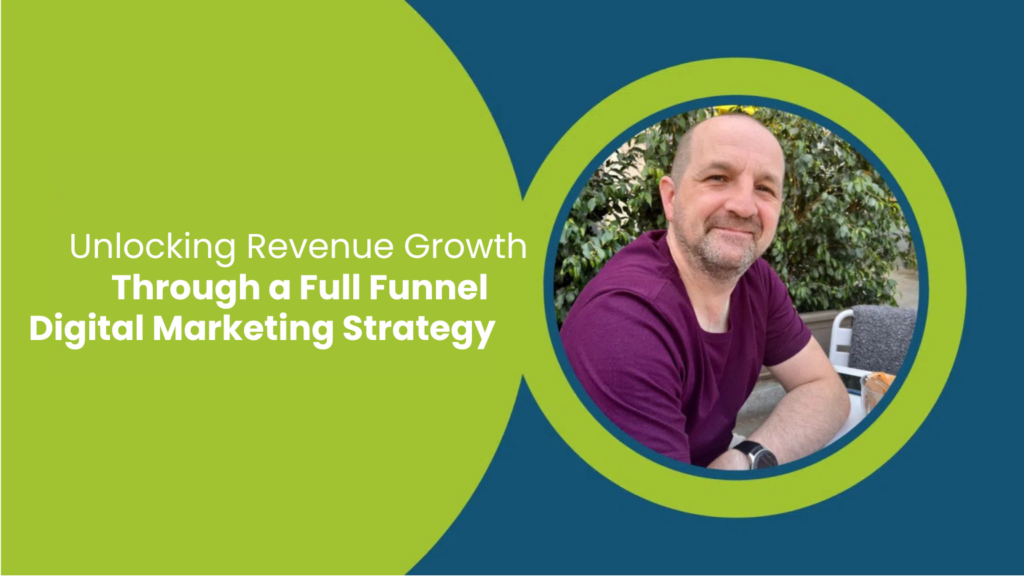
The latest Google algorithm update has sent waves across the digital landscape, causing fluctuations in rankings and shifts in traffic patterns.
For content creators and business owners, these updates can feel like a moment of panic, with fears that months of effort could suddenly be undermined. Despite this, thriving in the aftermath of an algorithm change is not about chasing quick fixes or shortcuts.
The key lies in creating high-quality, helpful content that genuinely serves the audience, builds trust, and aligns with Google’s evolving guidelines. This post explores actionable strategies that ensure your content continues to perform well, even as the algorithm changes.
Understanding the Latest Google Algorithm Update
The latest Google algorithm update in 2025 has a clear goal: prioritising content that offers genuine value to users. Google is increasingly focused on rewarding websites that demonstrate expertise, authoritativeness, trustworthiness, and real-world experience.
Websites relying on low-effort, recycled, or mass-produced content are at risk of losing visibility, while those that invest in providing helpful, original, and detailed information are more likely to see improved rankings.
Understanding the implications of this update is crucial for any content strategy, as it underscores the importance of authenticity, depth, and user-centric focus in all content creation efforts.
What is Helpful Content According to Google?
High-quality content is defined not only by the information it contains but also by the way it helps users achieve their goals. The concept of E-E-A-T, or Expertise, Authoritativeness, Trustworthiness, and Experience, has become central to Google’s evaluation of content.
Demonstrating expertise involves providing accurate, well-researched information, while authoritativeness and trustworthiness are conveyed through credentials, citations, and transparency. Including personal experience or case studies adds the experiential element, showing Google that the content creator has real-world knowledge.
Content that aligns with Google’s helpful content algorithm update is more likely to be prioritised. Examples include detailed author bios, practical advice drawn from personal insights, and user-generated content such as testimonials or reviews. By producing content that meets these standards, websites not only satisfy Google’s algorithms but also establish credibility and trust with their audience.
Preparing Your Content for Google Updates

Regular content audits are a foundational step for maintaining a resilient content strategy. Conducting audits allows content creators to identify outdated or underperforming posts, combine multiple thin articles into comprehensive resources, and upgrade existing content with fresh data, current examples, or enhanced visuals.
Content audit for SEO ensures that every page provides value and is aligned with the latest algorithm changes. Preparing for a core update also involves analysing trends in search behaviour, anticipating user questions, and ensuring that content addresses both broad and niche topics. How to prepare for a Google algorithm update is part of a proactive approach to reduce vulnerability to algorithm fluctuations and ensure content remains relevant and authoritative.
Optimising User Experience and Conversion
Even the most valuable content can fail to make an impact if the user experience is poor. Page experience is critical for both ranking and engagement. Compressing images, avoiding embedding large video files directly on pages, and monitoring load times are key steps to improve performance. Users will not wait for slow-loading pages, and Google measures this behaviour when ranking sites.
How to improve page load speed is an important consideration here, and combining this with other optimisation practices can also help to reduce the bounce rate of a website. Mobile responsiveness, intuitive navigation, and clear visual hierarchy all contribute to a positive experience.
Conversion Rate Optimisation (CRO) is equally important. Clear, specific headings and page titles help users immediately understand the purpose of each page. Premium visuals provide context, answer questions, and enhance credibility. By prioritising both user experience and conversion clarity, websites can reduce bounce rates, increase engagement, and maximise the impact of their content.
Adapting to AI and Google’s Evolving Search
Google increasingly uses AI to summarise and present content directly within search results, making it essential to structure content to answer complex queries. Users now ask more nuanced, long-tail questions, and websites that provide clear, comprehensive answers are more likely to appear in AI Overviews and featured snippets.
Why did Google add an AI overview is a natural consideration here. Structuring content with headings that mirror actual search queries, focusing on niche topics, and providing authoritative answers ensures your content stands out and satisfies both users and Google’s AI systems.
Creating a Future-Proof Content Strategy
A strong content strategy requires both consistency and creativity. Developing a content calendar helps maintain a steady flow of posts, while unique and engaging approaches ensure the content stands out from competitors.
Exploring unconventional angles, interviewing experts, or presenting information in interactive formats can make content memorable. Learning from competitors is useful, but adding a distinctive voice and perspective is what ensures long-term engagement.
Focusing on long-term value rather than short-term ranking gains allows content to continue meeting user needs, building trust, and aligning with Google’s expectations.
Secondary keywords naturally reinforced include the latest Google algorithm update 2025 and Google’s helpful content algorithm update.
Conclusion
The latest Google algorithm update reinforces a simple but powerful principle: high-quality, helpful content wins. By auditing and improving existing content, optimising user experience, structuring answers to meet AI-driven search behaviours, and maintaining a unique and engaging content strategy, websites can protect and improve their rankings even as algorithms evolve.
Content creators who focus on authenticity, clarity, and user-centric value will not only survive but thrive in this new era of SEO. Which strategy will you implement first to ensure your content continues to deliver value?






